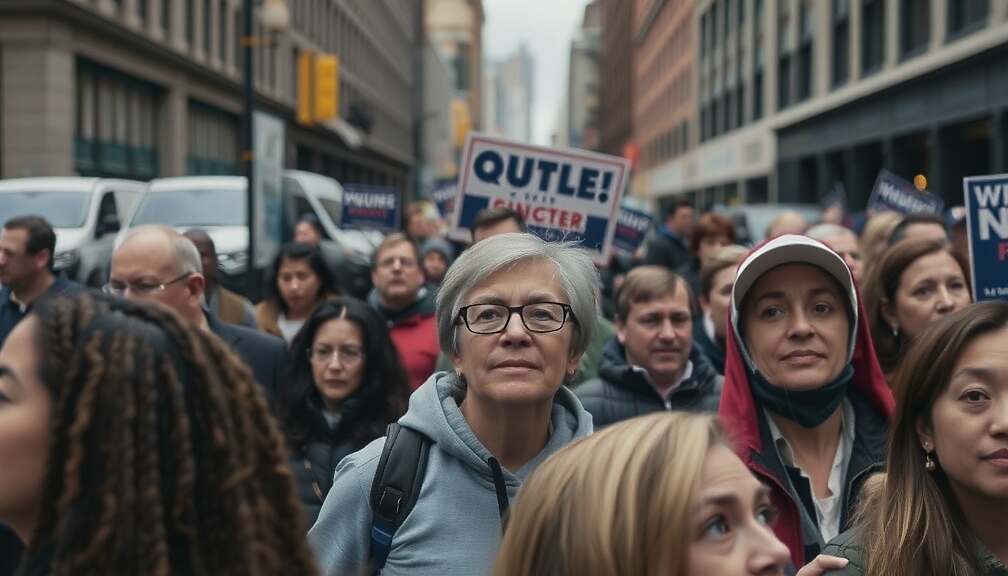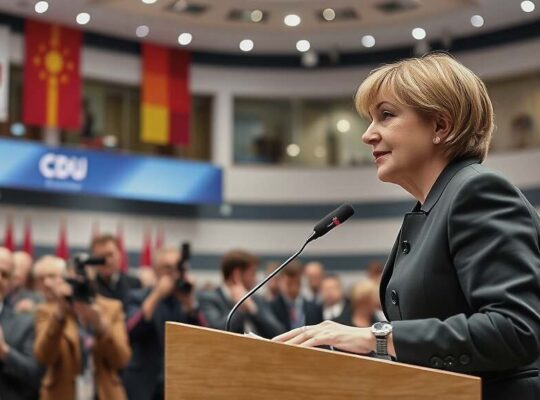The endorsement of Zohran Mamdani, a progressive candidate vying for the New York City mayoral position, by Vivian Wilson, daughter of tech entrepreneur Elon Musk, is sending ripples through the city’s political landscape. Wilson’s vocal support, delivered via an interview with Watson, highlights a growing discontent within younger demographics and a direct challenge to the established Democratic platform.
Wilson’s reasoning for backing Mamdani extends beyond mere personality; she cites his explicitly progressive policy proposals as the driving factor. Central to Mamdani’s platform are substantial measures to address the escalating cost of living crisis gripping New York City, including a rent freeze and the dismantling of policies previously implemented that Wilson argues exacerbated the issue. His campaign advocates for a significant increase in taxation on ultra-wealthy individuals and large corporations to fund these initiatives – a direct critique of what Wilson characterizes as a system prioritizing a select few at the expense of the broader populace.
Speaking directly to the perceived inadequacy of former Governor Andrew Cuomo’s approaches, Wilson’s endorsement underscores a broader sentiment among younger voters – a yearning for bolder, more transformative action. “For us as leftists, Mamdani is a refreshing deviation in a Democratic Party that is largely incapable or unwilling to push back against the rightward trend” she stated.
This endorsement carries considerable symbolic weight, particularly given Wilson’s estranged relationship with her father and her open identification as a transgender woman. Wilson explicitly connects her political convictions to lived experiences, citing firsthand encounters with the hostility directed towards marginalized groups. “As a queer person, I have directly witnessed the contempt of the right towards marginalized groups. It’s impossible for that not to shape one’s worldview”. Her engagement also provides a window into the generational divide shaping the upcoming election, revealing a significant number of young people becoming increasingly politically engaged in response to what they perceive as systemic injustices. The support suggests a potentially significant realignment within the city’s electorate, posing a substantial challenge to the conventional political narrative and raising questions about the future direction of New York City’s governance.












